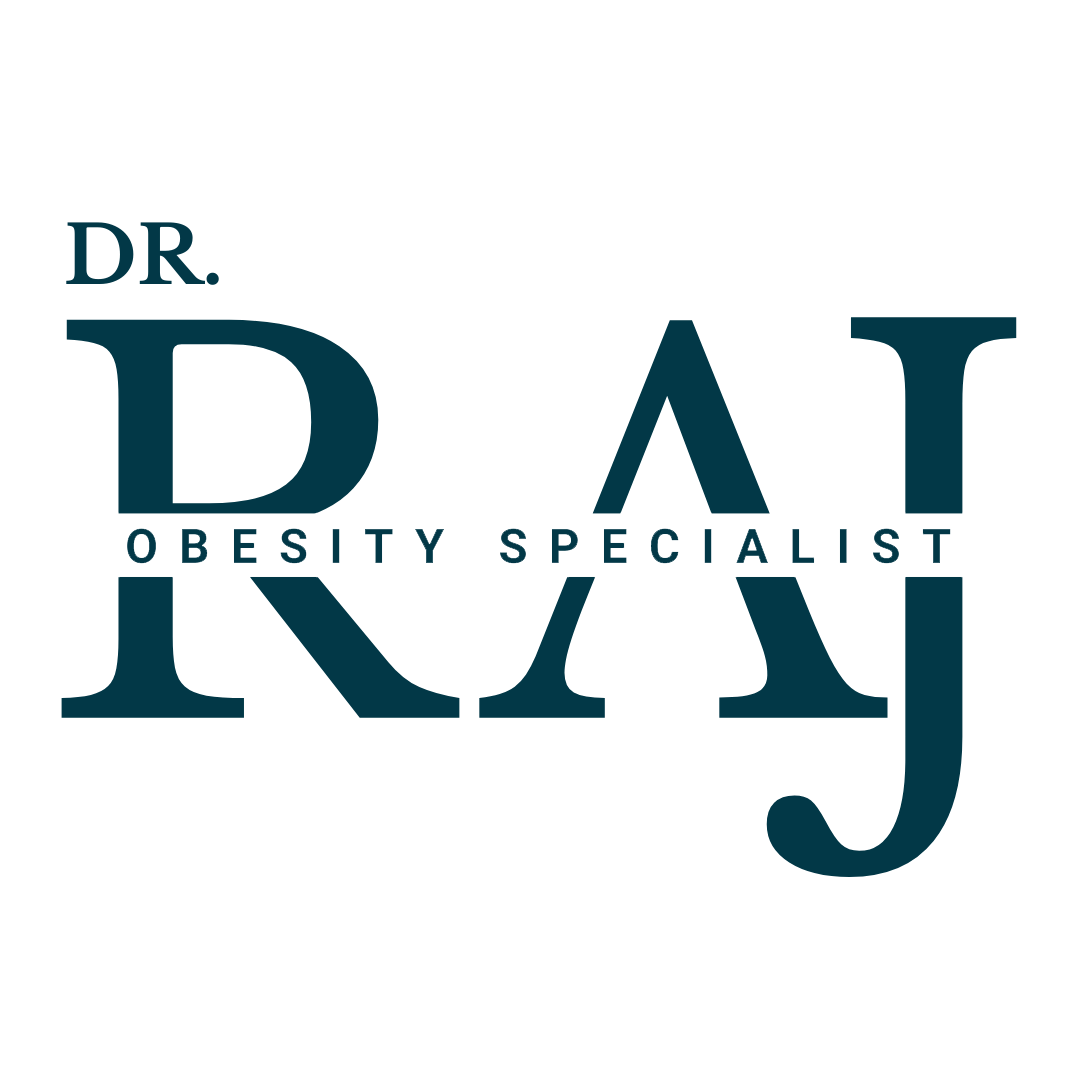Dr Chinnadorai Rajeswaran, consultant endocrinologist explains about goitre and its treatment. Please email him, if you need more information
A goitre is an enlarged or swollen thyroid gland or lumps developed in parts of the thyroid gland. There are several types of goitre, which can be classified into:
- Diffuse smooth
- Single nodule
- Multi nodular
Diffuse smooth goitre
The thyroid gland feels smooth and large, but is larger than normal. This is seen in a number of conditions:
Thyroiditis: Inflammation of the thyroid gland is called thyroiditis. Thyroiditis can result is excessive production of hormones or complete reduction in thyroid hormones leading to over or underactive thyroid. There are several causes for inflammation of the thyroid gland:
- Hashimoto’s thyroiditis, which is an autoimmune condition
- Infections such as viral or bacterial
- Radiotherapy
Graves’ disease: Graves’ disease is an auto immune condition, where antibodies damage the thyroid tissue. Thyroid makes too much thyroxine.
Iodine deficiency: This is usually seen in areas where there is iodine deficiency. Thyroid gland needs iodine to make thyroxine and triiodothyronine. Lack of iodine leads to swelling of thyroid gland as it struggles to synthesis the hormones
Physiological: Some women notice enlargement of thyroid gland during puberty and pregnancy, which usually settles on its own.
Drug induced: Some drugs like amiodarone and lithium can cause inflammation of thyroid gland.
Single Nodular goitre
Nodule is a small lump which develops within the thyroid gland. A single nodule is sometimes noticed or felt within the gland. This may or may not be painful. Some of the reasons for single nodule include:
- Cyst: Sac like structure, which is filled with fluid.
- Adenoma: Usually a solid benign tumour.
- Cancerous nodule
Multi Nodular Goitre (MNG)
In MNG or multi nodular goitre, the thyroid gland has many nodules of varying sizes. Sometimes one of the nodules may be active and produce more thyroid hormones, resulting in an overactive thyroid, also called autonomously functioning nodule. Multi nodular goitre is usually painless. Occasionally a very large multi nodular goitre may press on the windpipe (trachea) or the food pipe (oesophagus). This may result in breathing difficulty or problems with swallowing.
Investigations for Goitre
When you have a goitre, your endocrinologist an after initial assessment will do some blood tests to check if you are hypothyroid or thyrotoxic (overactive thyroid).
An ultrasound scan of the thyroid is arranged to determine the nature of the goitre. The scan report will tell if the goitre has one or several nodules (multi nodular). If the goitre has nodules which has fluid (cyst) or is a solid lump. Scans can also show if the nodules are benign or suspicious of cancer. This needs to be confirmed by a needle biopsy done under ultrasound, also called FNAC (Fine needle Aspiration Cytology). The sample from the biopsy is sent to the pathology department to analyse and confirm the nature of the tissue.
Further investigations including CT scan and MRI may occasionally be considered before treatment is commenced.
Treatment for Goitre
Treatment for goitre depends on the:
- Cause of the goitre
- Size of the goitre
- Presenting symptoms
If the goitre is associated with overactive or underactive symptoms and confirmed on blood test, you will need treatment for overactive thyroid (thyrotoxicosis) or underactive thyroid (Hypothyroidism).
If the goitre is causing pressure on the food pipe or wind pipe (trachea) leading to difficulty in swallowing or breathing, you will need surgery to remove the enlarged goitre.
If the goitre on scan looks cancerous and is confirmed on biopsy, you will need appropriate treatment which includes surgery and/or radiotherapy.
Dr Chinnadorai Rajeswaran is a consultant Physician specialising in Endocrinology, Diabetes and Obesity. As a private endocrinologist he has private endocrine, diabetes and weight loss clinics in Harley Street, London, Chennai (India), Claremont Hospital, Sheffield, Nuffield Hospital, Leeds and Simplyweight, Bradford.
He has face to face consultations with people from Barnsley, Rotherham, Chesterfield, Doncaster, Wakefield, Huddersfield, Bradford, Harrogate, Leeds, Sheffield, London and Chennai (India). He also offers video consultations.



